First steps to mathematics are best taken through play, discovery, and hands-on experiences that turn numbers into something real and meaningful for children. From counting spoons at dinner to exploring number rods, every activity builds a foundation for lifelong learning. Let’s find out with 4Life Education how you can guide your child on this joyful journey.
Why the first steps matter?
Mathematics can feel abstract for young children, but the earliest experiences with numbers create the foundation for how they will approach learning later on. At first, children may enjoy chanting numbers in order—“one, two, three…”—without really knowing what those numbers represent. This is called rote counting. While it is a wonderful starting point, it does not yet give children an understanding of quantity. The first steps to mathematics begin when children learn that numbers represent amounts, and that those amounts can change through adding or taking away.
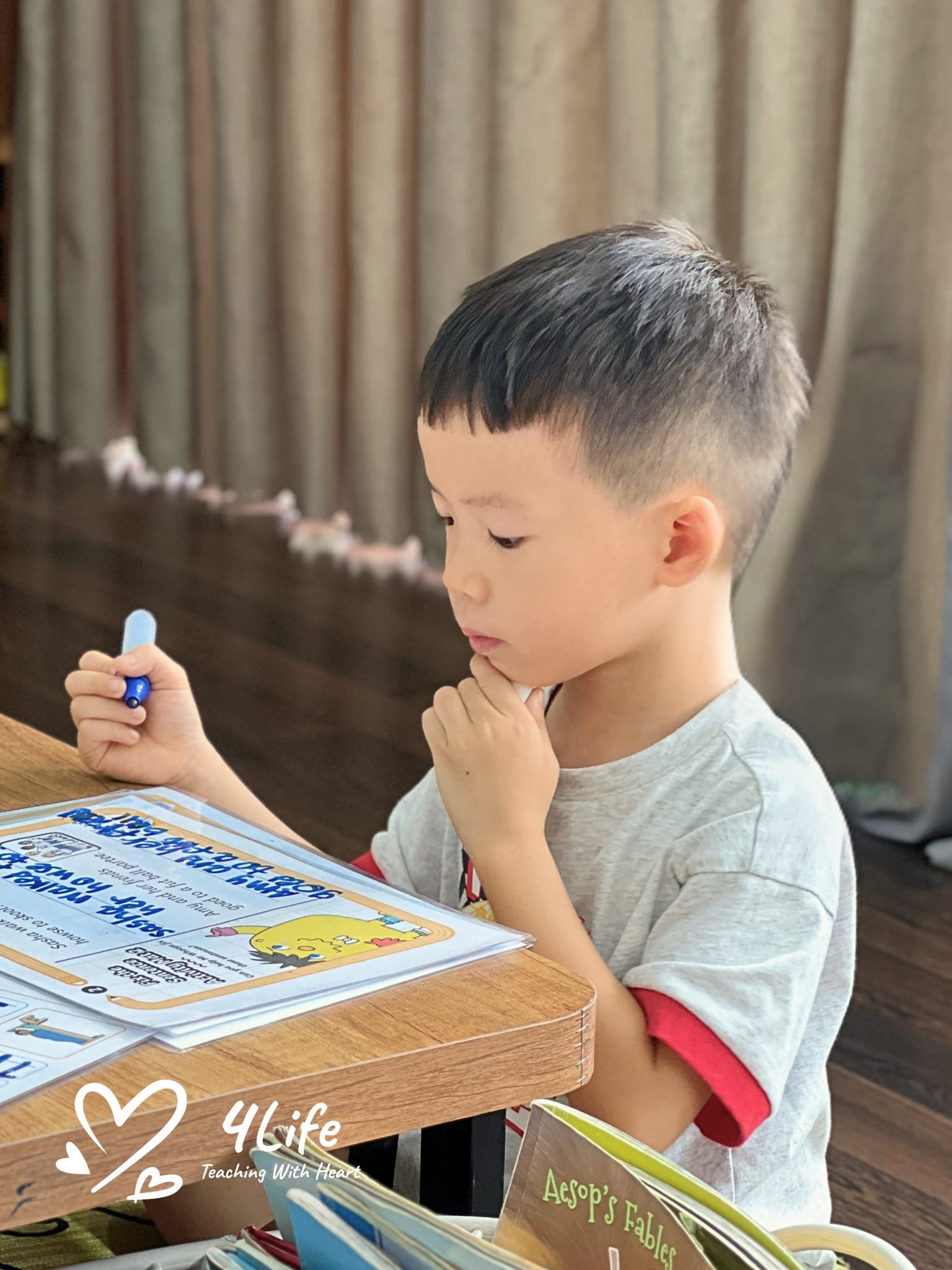
Why the first steps matter?
Counting in daily life
One of the simplest ways to introduce mathematics is by making counting part of daily routines. While cooking, you might invite your child to count spoonfuls of flour or sugar. When walking together, you can count steps from one to ten, then start again. A bean bag toss game also works beautifully: each time the bag is caught, count aloud together. These moments show children that numbers are all around them and that counting has meaning in everyday life.
Understanding quantity beyond rote counting
Although children may learn to recite numbers quickly, understanding what those numbers mean takes more time. For a young child, looking at six apples may simply feel like “many.” It takes practice and visual support to recognize that six is more than three and less than ten. Activities that link numbers to real objects—such as placing three blocks together and then comparing them to five blocks—help children see the difference between counting words and actual quantities.
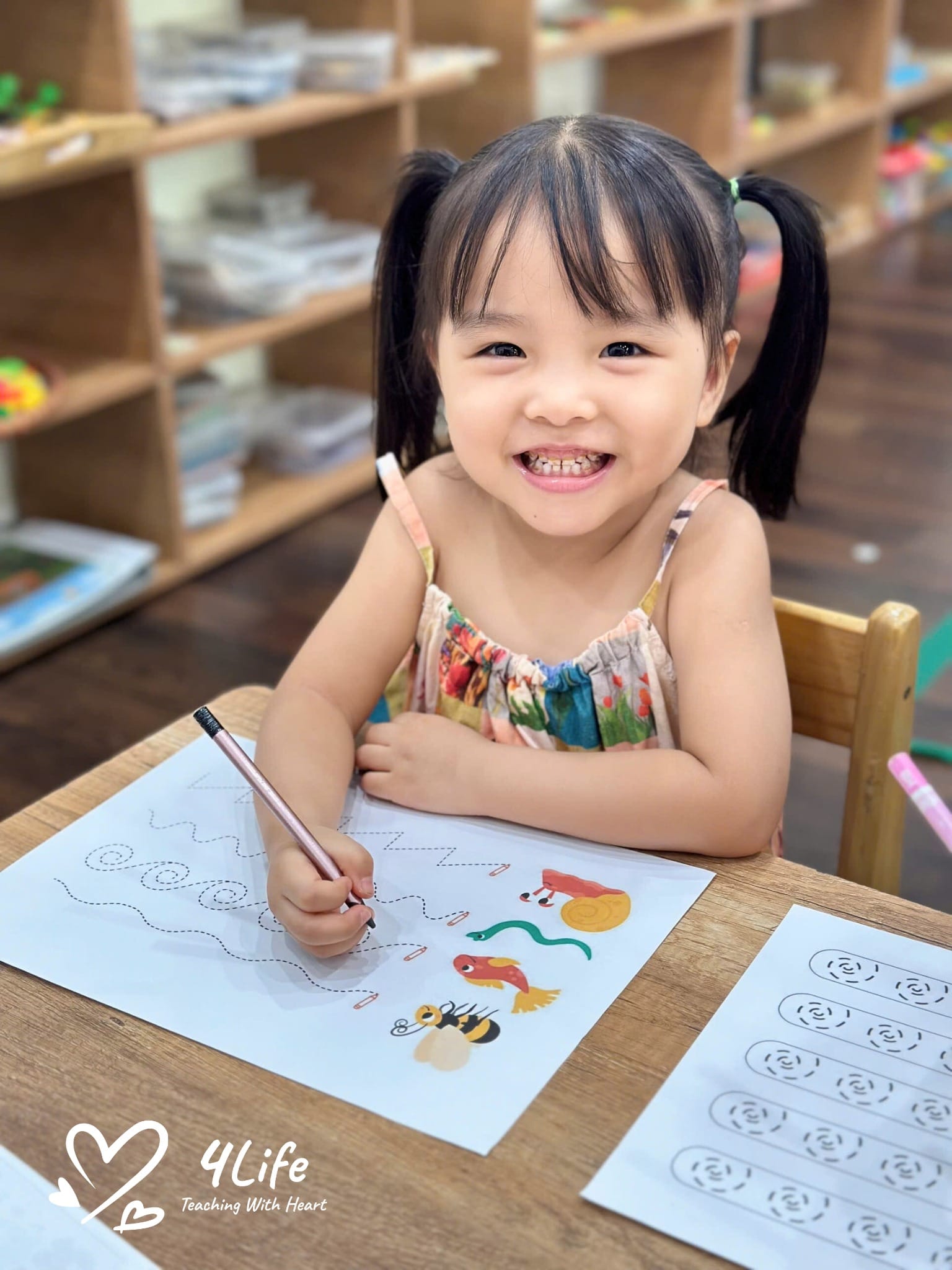
Understanding quantity beyond rote counting
Using Montessori number rods
Montessori education introduces children to number concepts through tools like number rods. These rods vary in length and are painted in alternating red and blue sections. The shortest rod represents “one,” while the longest represents “ten.” By arranging rods and comparing their lengths, children begin to see relationships between numbers. For example, when the “one” rod is placed at the end of the “two” rod, the combined length matches the “three” rod. This hands-on exploration introduces the concept of addition in a concrete, visual way.
Making your own number rods at home
You don’t need a classroom to bring this method to life. With wooden strips or boards, you can create number rods yourself. Cut ten strips in increasing lengths—starting with 10cm for “one” and ending with 100cm for “ten.” Paint alternating red and blue sections to represent each unit. These homemade rods give your child a playful, tactile way to explore size, sequence, and addition, turning math into a discovery rather than memorization.
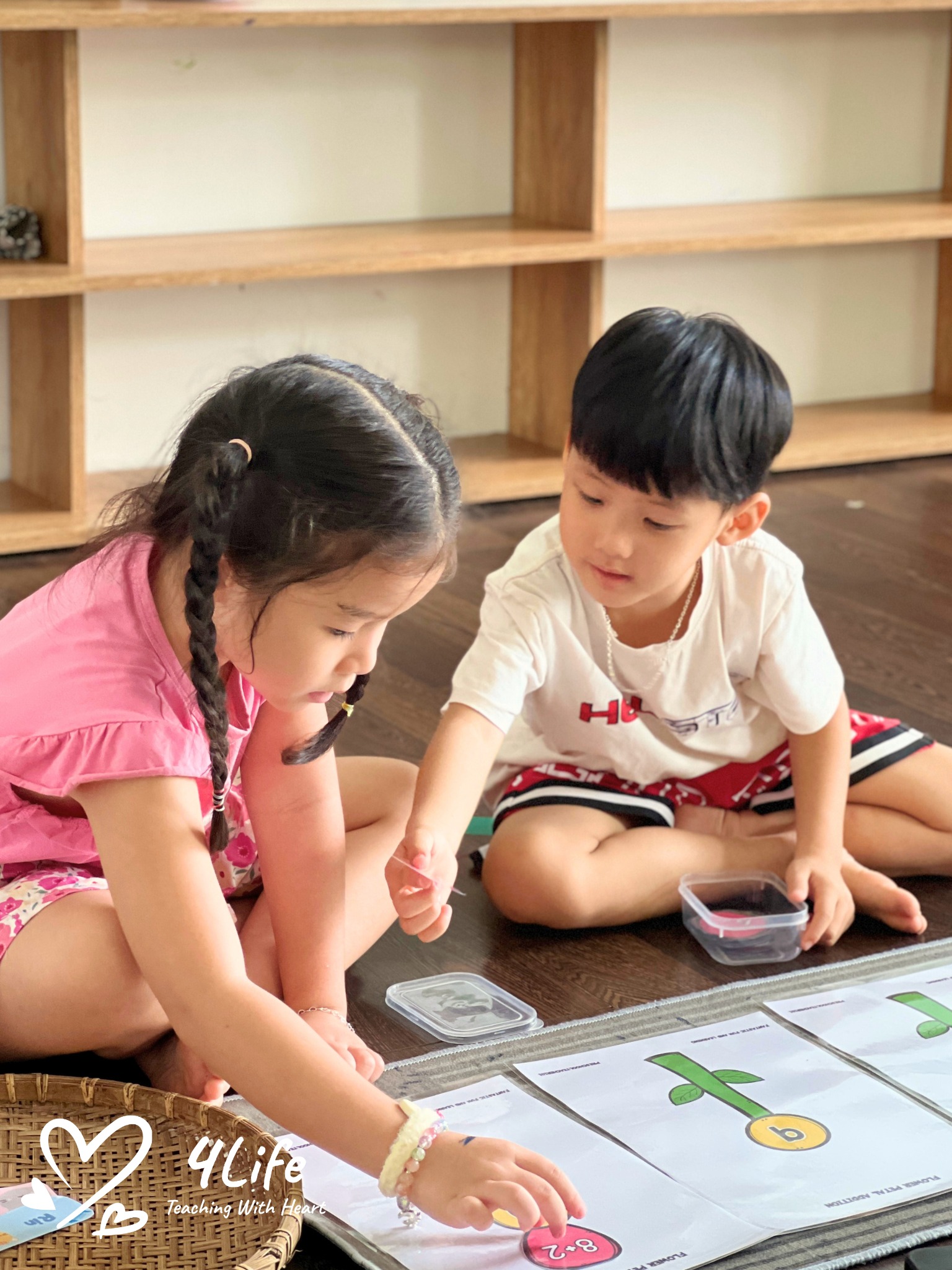
Making your own number rods at home
Counting baskets for number practice
Another engaging activity is creating counting baskets. Label ten small baskets with numbers from 0 to 9. Provide a larger basket filled with identical objects such as clothespins, wooden beads, or sticks. Invite your child to place the correct number of items into each basket. The “0” basket remains empty, introducing the concept of zero in a simple, visual way. When your child finishes, there should be no items left over, reinforcing the idea that each number represents an exact quantity.
Introducing simple addition and subtraction
Mathematics grows naturally from counting once children see that numbers can be combined or separated. Everyday situations provide countless opportunities to practice this. If you set out three oranges and then add two more, ask your child how many there are now. If you remove one, count together again. Use dolls, fruit, blocks, or even family members in stories: “There were two people, and then a baby was born—how many are there now?” These playful scenarios help children see how addition and subtraction are part of real life.
Games that make numbers fun
Games keep learning joyfully. For instance:
– In the basket: As your child tosses bean bags into a basket, ask them to count aloud each one that lands inside.
– Potato counting: At dinner, let your child count potatoes to make sure everyone gets one.
– Subtraction play: Count six items together, then remove two and ask, “How many are left?”
Through games, children practice number skills in ways that feel like play rather than lessons.
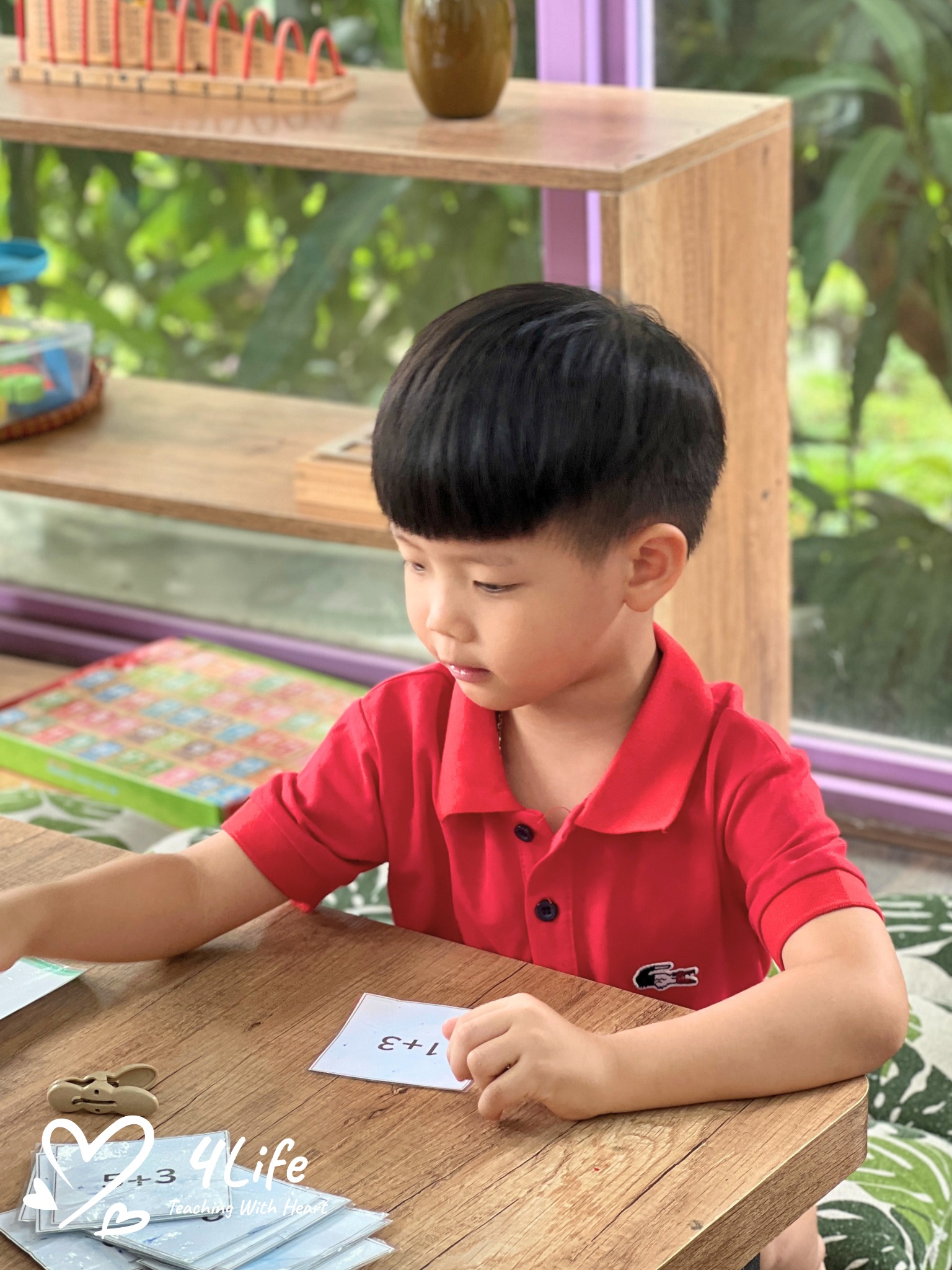
Games that make numbers fun
Moving from concrete to abstract
At first, children need objects they can touch, move, and count. Over time, they begin to understand numbers more abstractly. A child who once needed blocks to “see” five may later imagine five in her head. This transition is gradual and should never be rushed. Providing both concrete tools like rods and opportunities for imaginative practice helps children grow at their own pace.
Building confidence in mathematics
Children develop a healthy attitude toward mathematics when they feel successful. Encourage them to try, praise their effort, and avoid focusing only on correct answers. Mistakes are part of learning and offer chances to think differently. When children feel supported and free to explore, they develop curiosity and confidence—qualities far more valuable than early speed.
Encouraging creativity with math
Mathematics is not only about numbers but also about patterns, order, and relationships. Encourage your child to notice shapes in nature, patterns in tiles, or symmetry in folded paper. Invite them to draw, build, and compare. These activities show that math is everywhere and that it connects with creativity and problem-solving.
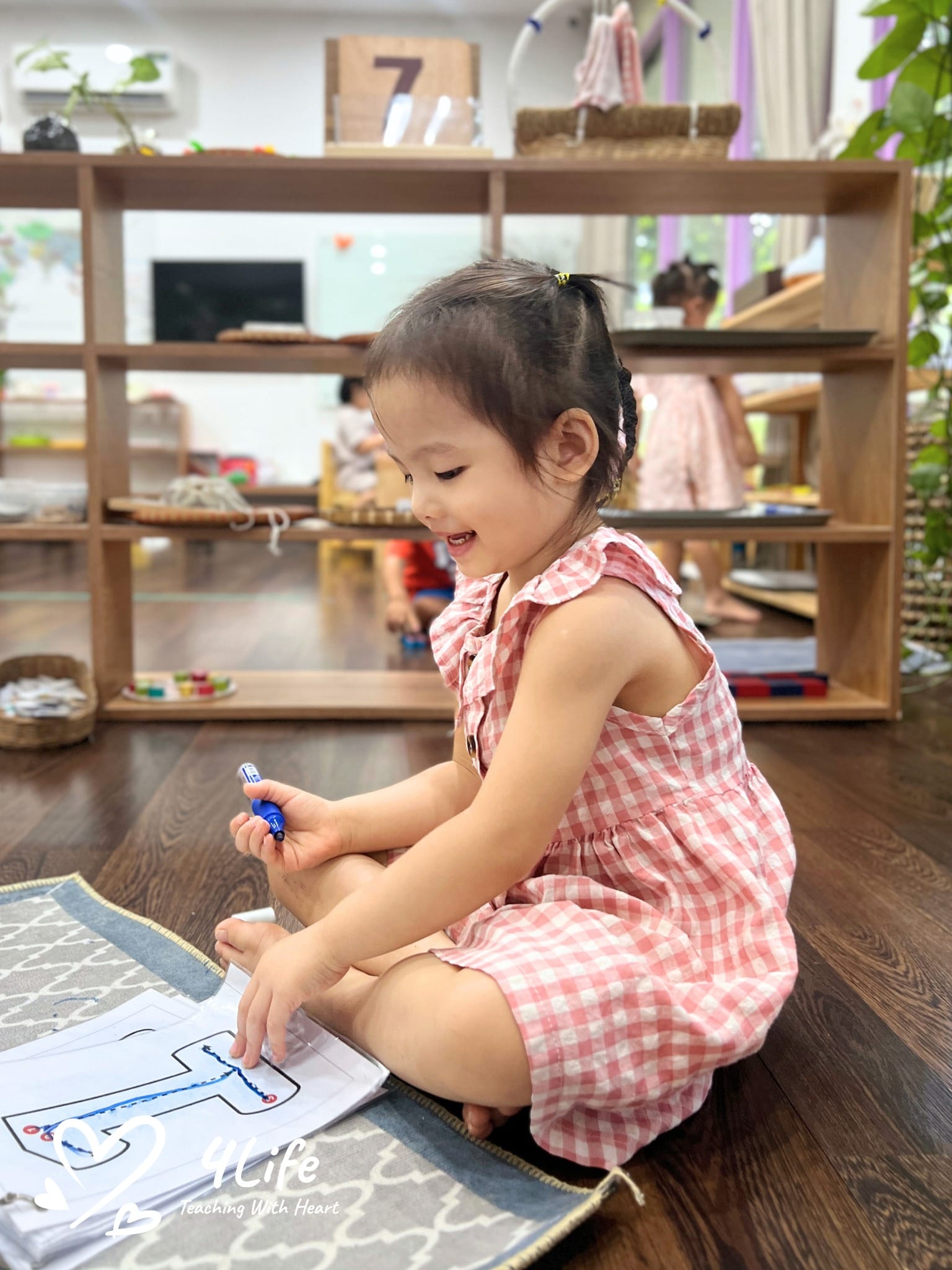
Encouraging creativity with math
Supporting your child at home
Parents play a central role in nurturing mathematical curiosity. Create an environment rich with opportunities: provide counting materials, label baskets with numbers, keep rods or blocks available for play, and most importantly, weave math into daily conversations. Instead of formal drills, let your child experience numbers in living, joyful ways.
First steps to mathematics begin with simple games, everyday counting, and hands-on exploration that help children understand numbers as living ideas rather than abstract symbols. By using tools like number rods, counting baskets, and playful problem-solving, you give your child a joyful foundation for learning. With gentle guidance and plenty of encouragement, the first steps to mathematics can become the start of a lifelong love for numbers.

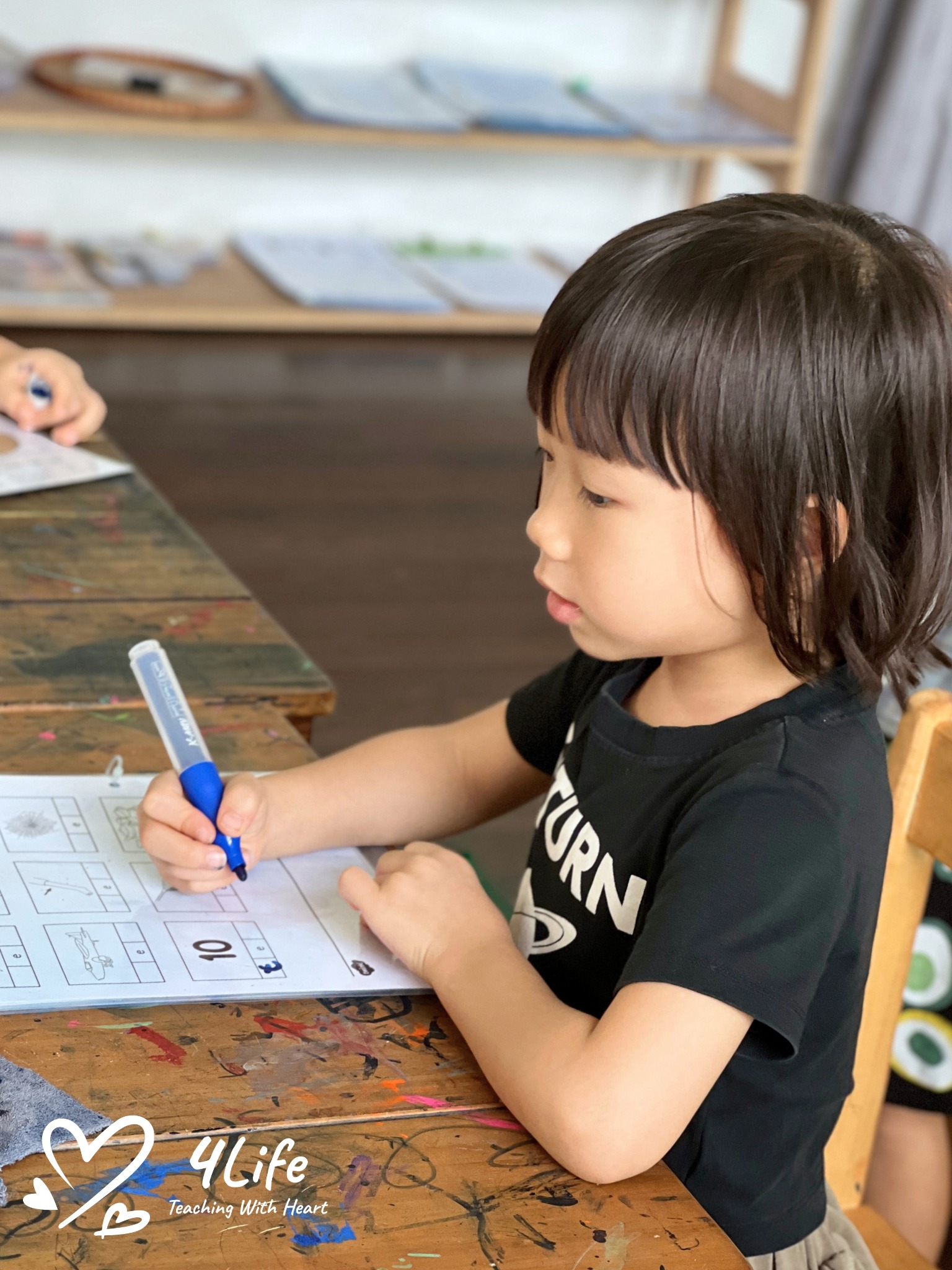
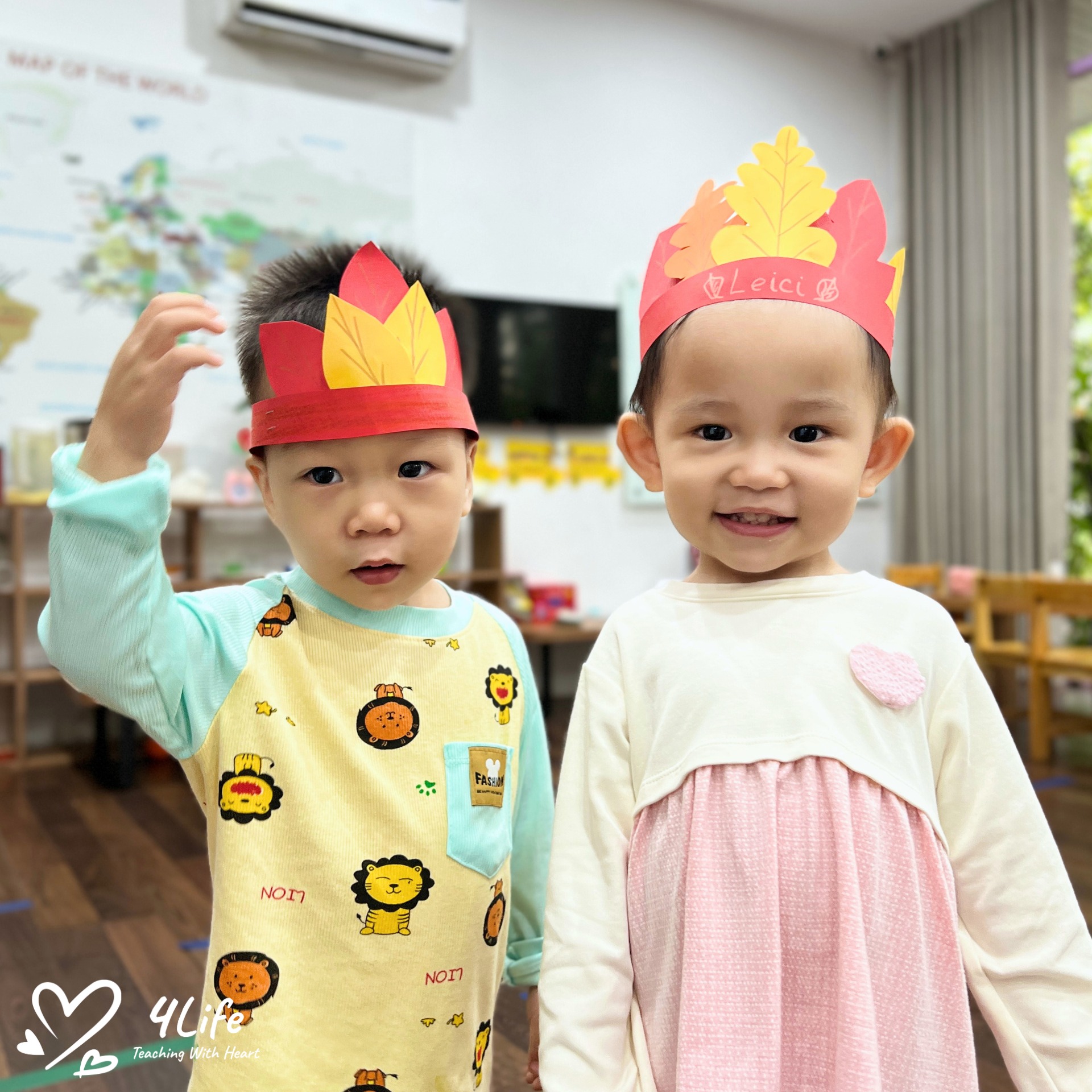
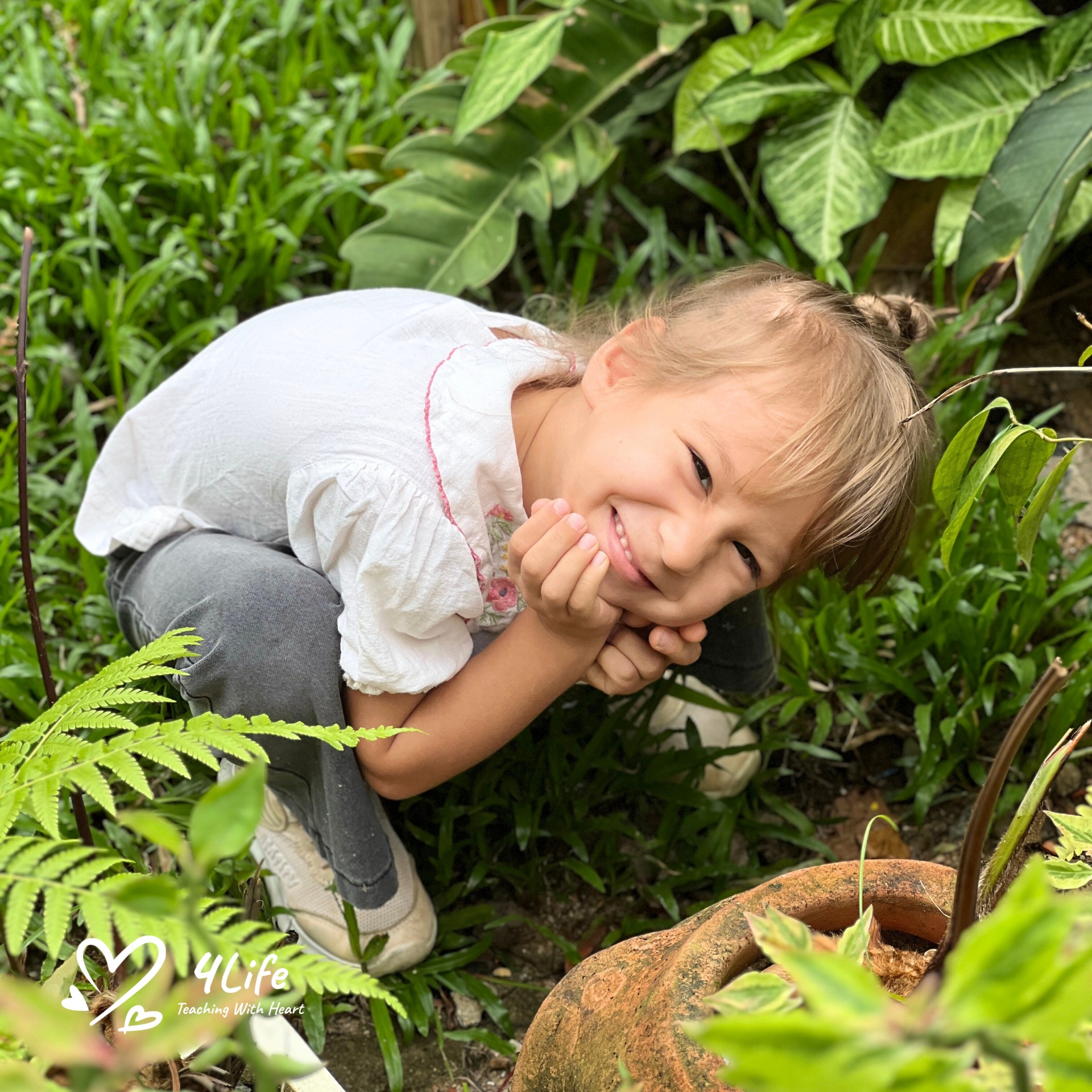
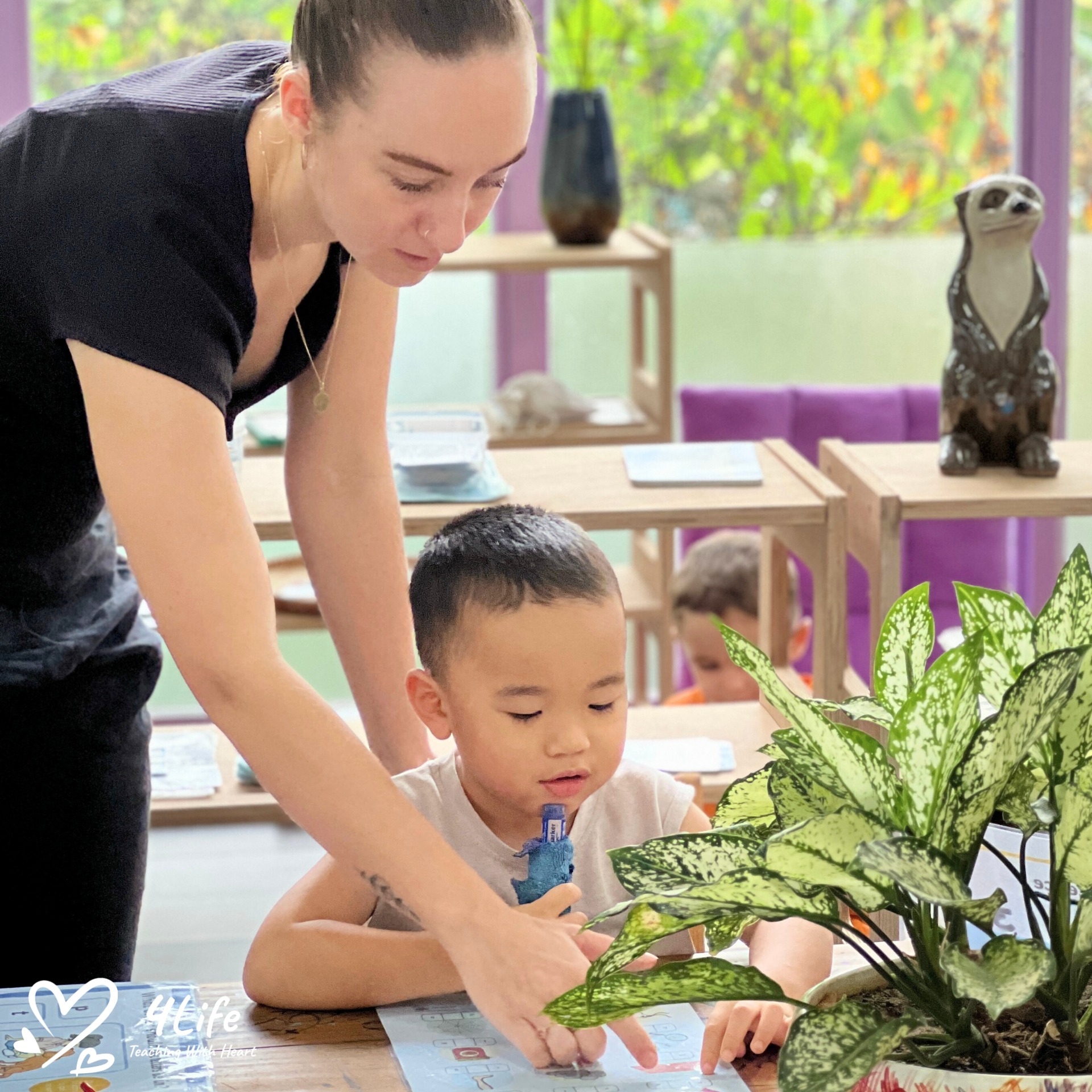
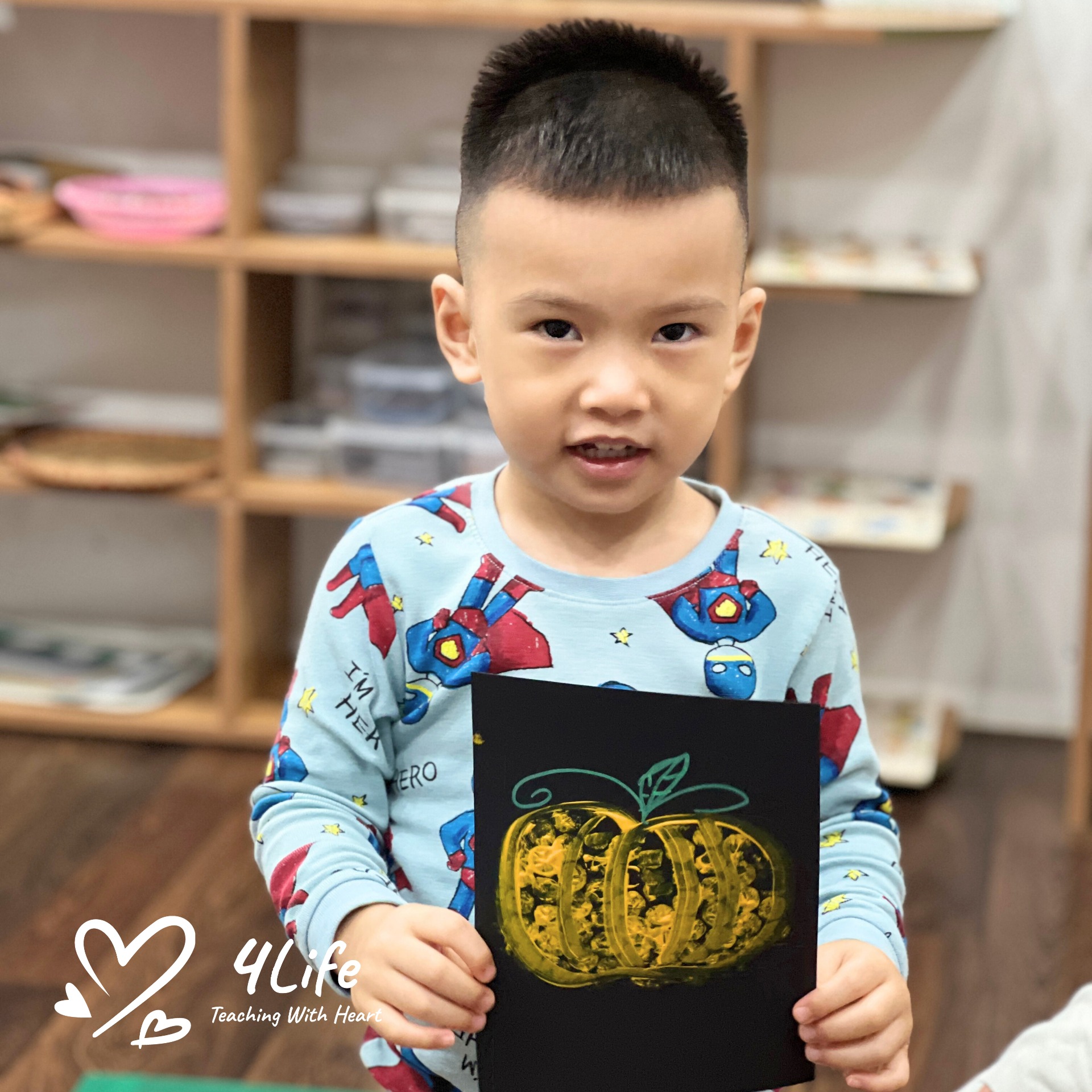

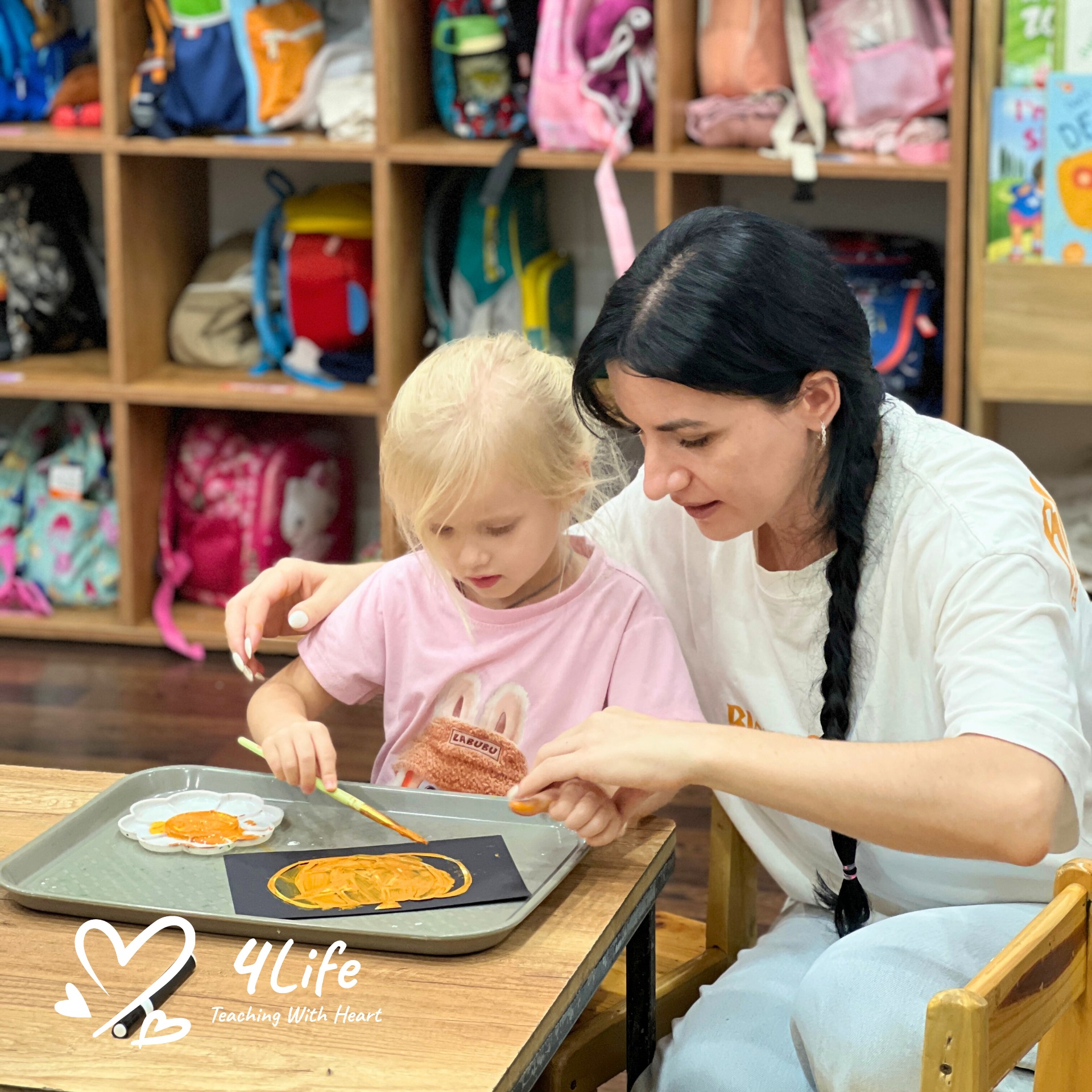
0 Comments